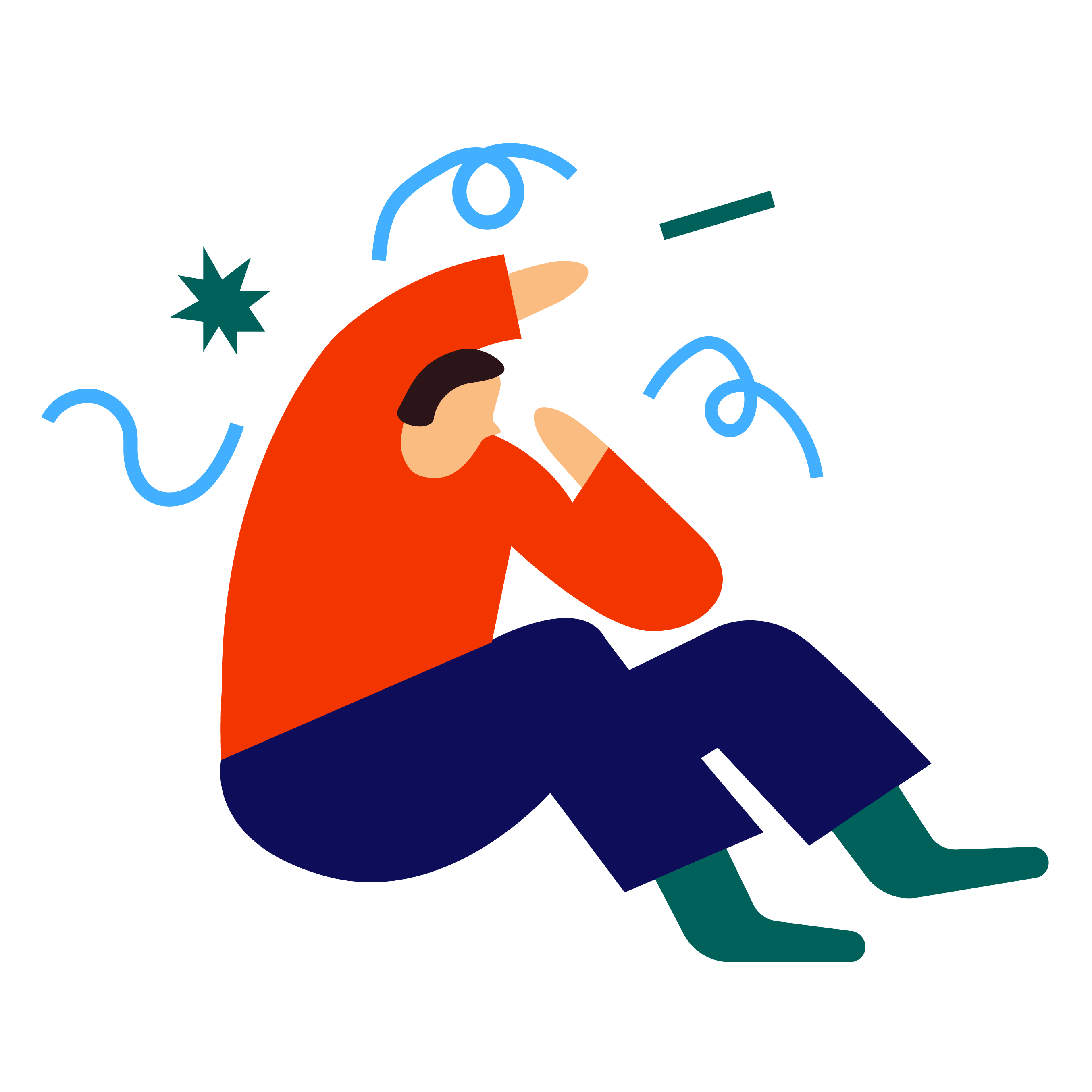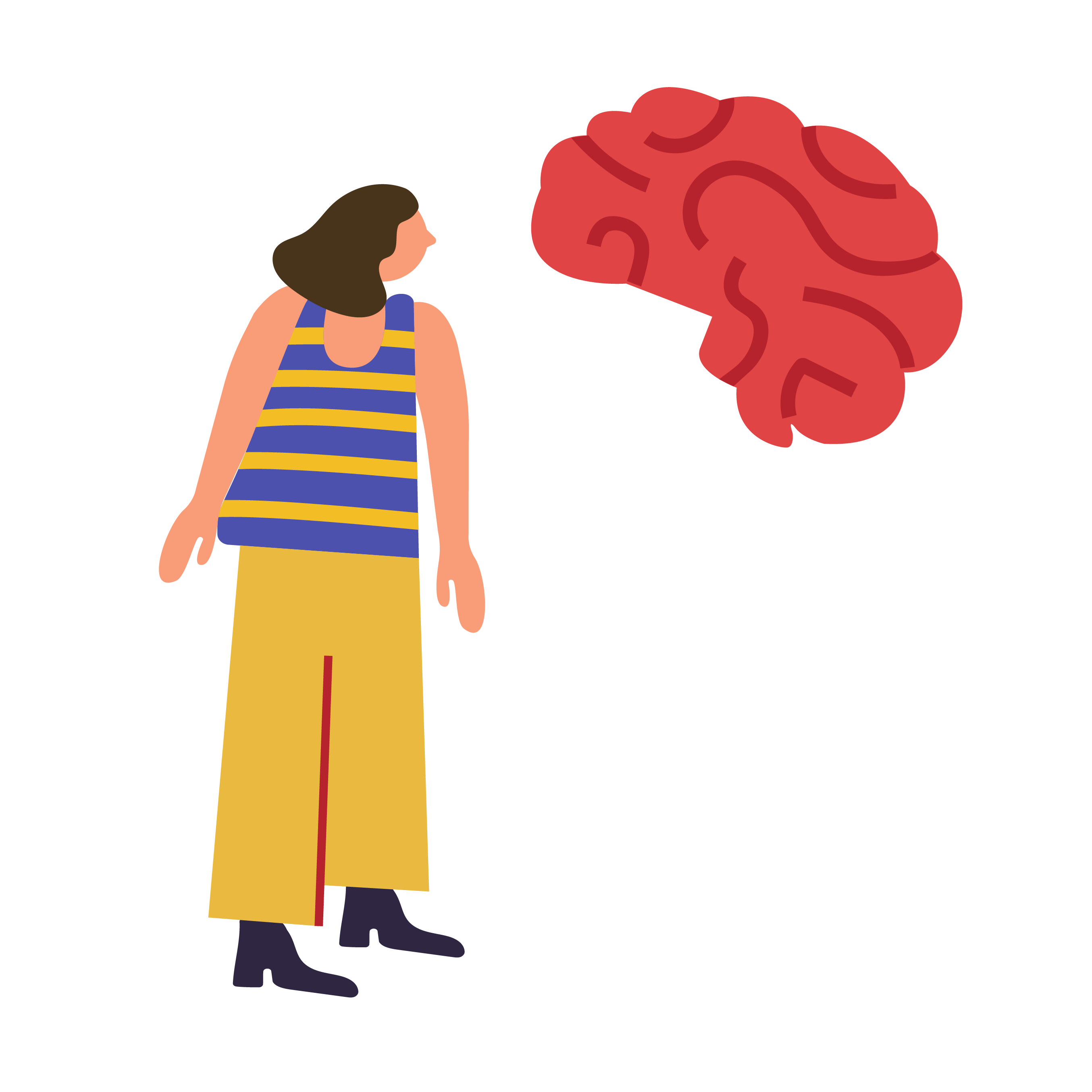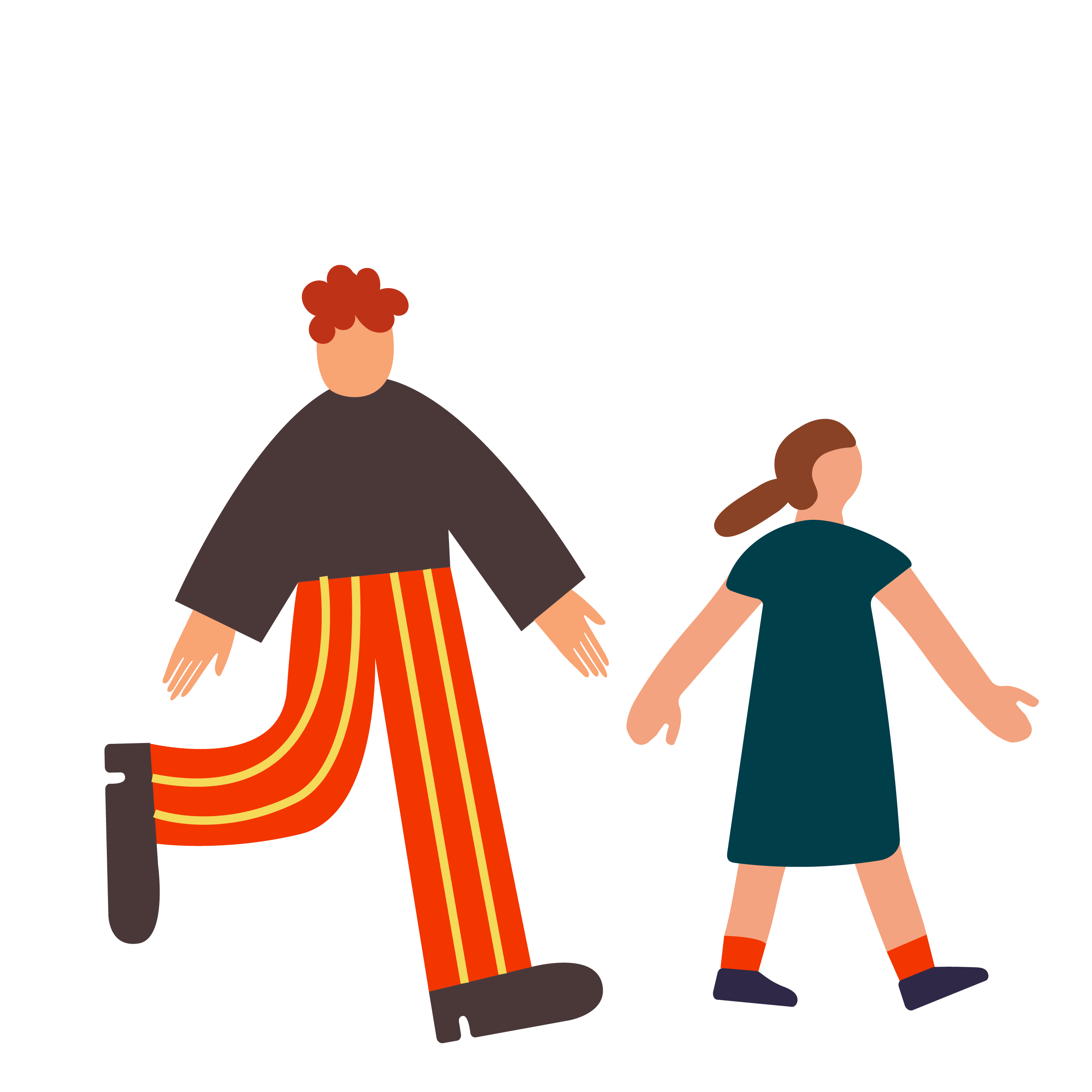
Relieve Anxiety

Shaky hands

Upset stomach

Feeling hot
Sound familiar? Take an assessment now to find out if you're experiencing a high level of anxiety.
What causes anxiety?
Anxiety is triggered by real threats in the moment, or thoughts about possible threats. It might be a person yelling at you, or thinking that person who’s yelling angrily at someone else is out to get you. Our anxiety triggers often stem from past hurts.
Physical factors also contribute to anxiety, such as medical conditions like hyperthyroidism or hormonal changes, an unhealthy diet or a lack of exercise and sleep.
Personality plays a role too. For example, if you’re introverted then you might prefer low-key interactions. You may experience social anxiety in busy, crowded or loud situations, where someone who’s more extroverted is more comfortable.
With Clearhead, you can learn to change your thinking patterns, make healthy lifestyle changes, and manage your anxiety.

How can I relieve anxiety and stop worrying?
Learning about anxiety can help with your self-awareness, and Clearhead has a range of tools to help you.
Coping tools help you stay present and ease the symptoms of anxiety when you feel it coming on.
Thinking tools can help you to recognise unhelpful thoughts that contribute to your anxiety, and then transform them into more useful thought patterns.
Doing tools can help you make positive lifestyle changes and do things that bring a sense of calm and improve your wellbeing.

How to help someone with anxiety
There are many ways you can provide practical and emotional support - bringing someone food, doing a healthy activity together, listening to their worries, and giving calm reassurance.
Often, just taking the person away from the situation that’s making them anxious and being with them helps. It may not even matter what you do – the fact you’re with them and you care is what’s important.
If you choose to support them through a tough topic, try to leave enough time to shift the mood at the end of your time together by talking about a different subject, having a laugh, or sharing a hug.
You could also support them in seeking professional help. You could find a therapist to suggest or offer to come with them to visit their GP. You don’t need to wait until it’s a major issue to seek professional help – in fact, it’s better for them to talk to someone before it becomes a larger problem!




